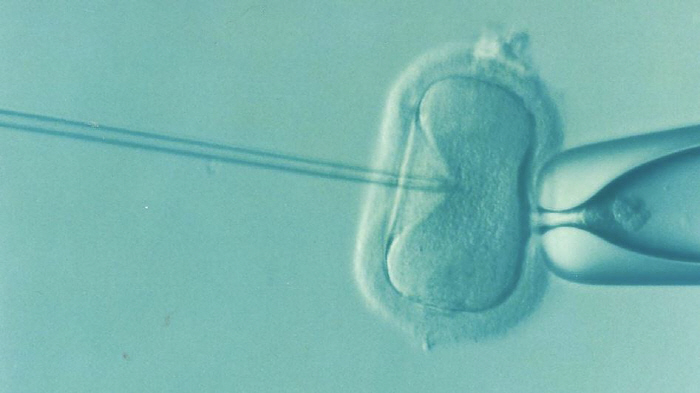In vitro babies are more likely to give birth to boys. Why?
|
According to the British media Daily Mail, Dr. Helen O'Neill, a reproductive expert at University College London (UCL), recently announced this at the 'New Scientist Live event, arguing that male embryos are more often selected in the embryo selection process.
According to Dr. O'Neill, male embryos are more likely to be chosen for implantation into the uterus because they grow slightly faster.
In fact, the research team analyzed 1,300 embryos whose gender has already been identified by genetic testing, and doctors rated 69% of male embryos as 'excellent quality', while only 57% of female embryos were. This is also consistent with statistics that about 56% of babies born through in vitro babies remain, Dr. O'Neill said.
The sex of the embryo is determined by its chromosomal composition. Male embryos have X and Y chromosomes, and female embryos have two X chromosomes. For female embryos, the process of inactivating one X chromosome in the early stages of development is necessary for genetic balance. It is presumed that these differences affect the rate of development of embryos, resulting in faster growth of male embryos.
However, Dr. O'Neill emphasized that "It is impossible to use the difference in development rate to select gender intentionally using it because it is very minute."
This article was translated by Naver AI translator.




